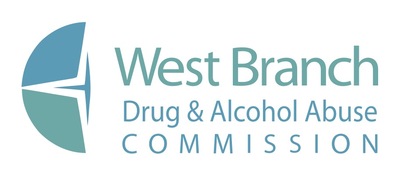An intervention is a process of overcoming barriers and communicating real concerns to the addicted individual and offering help to address the addiction. A properly conducted intervention is exceptional effective in helping someone accept treatment. This can be considered the first step toward the treatment process.
An intervention process can be organized by any caring supporter or family member of the addict; however, professionals who have experience in conducting such activities can be a better judge of the individual’s physical and psychological condition. The Commission provides a variety of intervention services in Lycoming and Clinton Counties.
Intervention Process
The family intervention process begins with the first phone call for help. The caller will be asked a series of questions regarding the individual of concern. An initial assessment will be made to determine necessity and urgency of the intervention and any safety concerns that need to be addressed.
It is important for those wishing to intervene on a loved one to understand that an intervention is a process and not an event. When the concerned individual(s) decide to move forward with the intervention, a more in-depth assessment will occur to prepare the intervention team for the actual intervention and treatment plan.
Intervention Specialist
The Intervention Specialist is responsible for determining the particular model and approach to use with the intervention, family education, and guidance through the process. The intervention team will collaborate with the specialist on issues including: safety, timing and participation, location, treatment center selection, transportation needs, and family responsibilities while their loved one is receiving treatment.
Interventions do not have to be secretive or conspiratorial. Addressing the legitimate concerns through a loving and respectful intervention can be accomplished best in most cases, when a family is willing to seek out the help of trained and experienced professionals.
